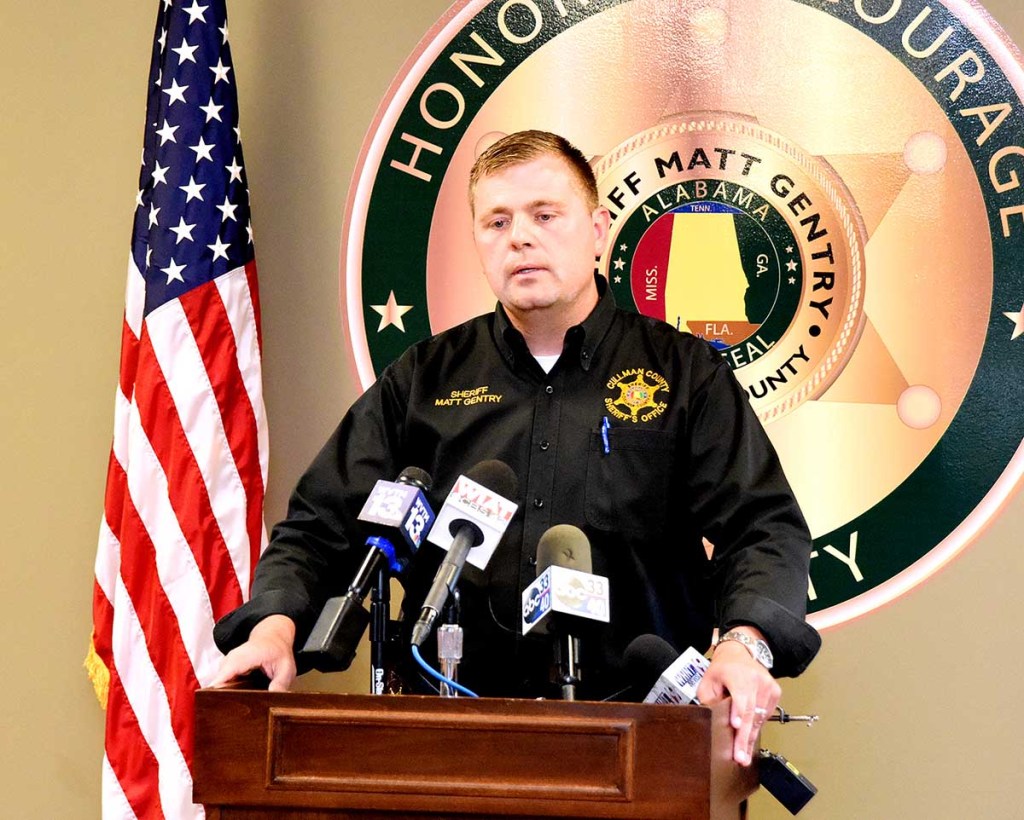Federal judge issues injunction in Cullman County bond case
Published 6:00 pm Monday, September 10, 2018

- Cullman County Sheriff Matt Gentry.
A preliminary injunction from a U.S. District Court judge in a case challenging Cullman County’s judicial bail system will prohibit the sheriff from detaining defendants who cannot afford to post a property or surety bond as a condition of pretrial release.
The order, issued Sept. 4 by U.S. District Judge Madeline Hughes Haikala also clears the way for the original suit, filed by Bradley Hester, who was arrested on July 27, 2017 for misdemeanor possession of drug paraphernalia, to remain active. He was assigned a $1,000 bond but claimed indigent status and inability to pay. He remained in custody several days and joined an existing class-action suit filed in March 2017 against Sheriff Matt Gentry, the State of Alabama, and the 32nd Judicial Circuit.
Hester’s claim is that the Cullman County practice of basing release after a charge on the ability to meet bonds violates the Eighth Amendment which states: “Excessive bail shall not be required, nor excessive fines imposed, nor cruel and unusual punishments inflicted.”
Hester’s suit names Gentry as a defendant, along with Cullman County Circuit Judges Martha Williams and Greg Nicholas, District Judges Kim Chaney and Rusty Turner, Circuit Clerk Lisa McSwain, Clerk Magistrates Amy Black and Joan White, Alabama Administrative Office of Courts officer Randy Helms, and County Commissioners Kenneth Walker, Garry Marchman and Kerry Watson.
The original complaint accuses the defendants of permitting the ongoing operation of a bonding “scheme” for criminal defendants — particularly accused drug traffickers, who face a standard property bond of $1 million if arrested in Cullman County.
Adjustments to meeting bond requirements were made by local judicial officials who argued that Hester’s complain was moot after changes were made.
Defendants in the case, other than Gentry, have not commented. Last year, however, the sheriff said: “But it’s important to realize that, in the way that we set bond for people who have been arrested on drug trafficking, sexual abuse, or anything else, we are operating within the law as it has been written by the Alabama Legislature.”
Gentry did not comment following the Sept. 4 injunction.





